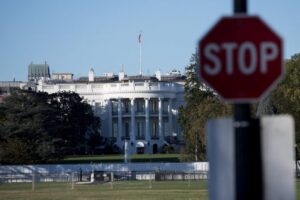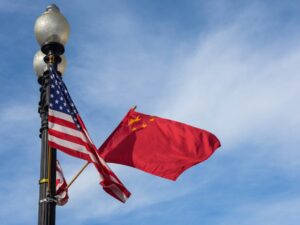
China has increased its surveillance of Japanese citizens following Tokyo’s decision to dump treated radioactive water from the damaged Fukushima nuclear power plant, sources close to the matter reported on Sunday.
Beijing has investigated the backgrounds of people involved in the water spill negotiations, and a revised counterespionage law came into effect in July, expanding the scope of what constitutes espionage under Chinese law.
Some political experts have claimed that the Communist Party may have attempted to detain Japanese citizens residing in China, as President Xi Jinping’s leadership has become increasingly vigilant regarding the activities of foreign citizens within the country.
There are more than 100,000 Japanese citizens living in China, and concern has grown among the international community over Beijing’s stance, which appears to treat foreign citizens as potential hostages, experts said.
20th China-ASEAN Expo to foster regional economic ties
In April 2021, Japan decided it would dump the treated radioactive water into the Pacific Ocean “in about two years.” Prime Minister Fumio Kishida’s government gave the green light to start the water release on August 24, prompting a strong reaction from China.
There are more than 100,000 Japanese citizens living in China, and concern has grown among the international community over Beijing’s stance, which appears to treat foreign citizens as potential hostages.
Japan has claimed that the dumping is safe, as the treated water is diluted to reduce tritium levels to less than one-fortieth the concentration allowed by national safety standards before being dumped into the sea.
China, however, has criticized Japan for allowing the discharge of “nuclearly contaminated water” from the plant, which capsized after a devastating earthquake and tsunami in March 2011.

Source: https://reporteasia.com/relaciones-diplomaticas/2023/09/18/china-intensifica-escrutinio-japoneses-fukushima/

